Brought to Fort Worth by



The world's longest-lived people don't pump iron, run marathons or join gyms. Instead, they live in environments that constantly nudge them into moving without thinking about it. They live in places where they can walk to the store, to their friend's house or places of worship. Their houses have stairs. They have gardens in their yards.
To start moving naturally, consider making things a little inconvenient. Take that extra trip up or down the stairs instead of loading things at the top or bottom to take up later. Walk to your airport gate instead of taking the moving walkway or park far from the entrance when you visit a store. Walk a dog, do your own yard and housework, and get rid of some the timesaving electronics and power equipment that have "simplified" your life.
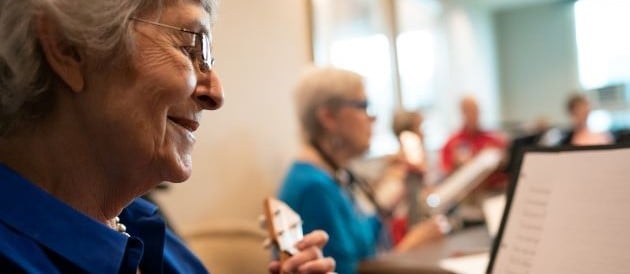
Knowing your sense of purpose is worth up to seven years of extra life expectancy. The Okinawans call it "ikigai" and the Nicoyans call it "plan de vida"—for both, it translates to "why I wake up in the morning."
Begin investigating your own purpose, by creating an internal inventory of your life. Try to articulate your values, passions, gifts and talents. What are the things you like to do and the things you don't? Then incorporate ways to put your skills into action in ways that will add meaning to your life and the lives of others.
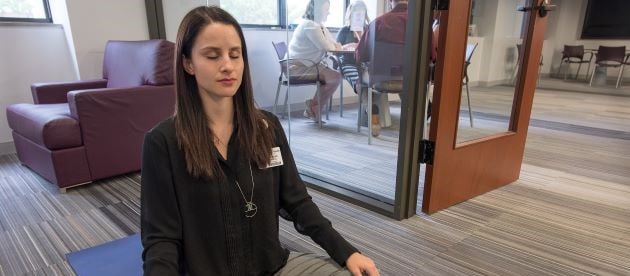
Stress leads to chronic inflammation, which is associated with every major age-related disease. Although everyone experiences stress, the world's longest-lived people have routines to shed that stress. Okinawans take a few moments each day to remember their ancestors, Adventists pray, Ikarians take a nap and Sardinians do happy hour.
You, too, can find a stress-relieving strategy that works for you and make it a routine. You'll be able to benefit both physically and emotionally!
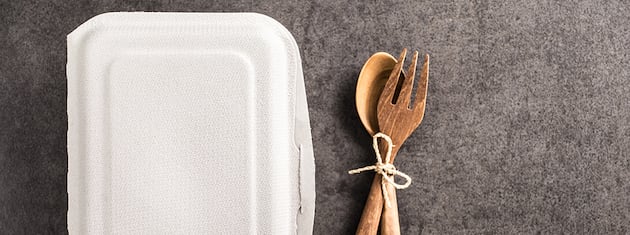
Marketers tell us we can eat our way to health, but America has been eating its way well beyond health. The 80% Rule is a strategy that focuses on taking things out of everyday diets, instead of putting more things in.
Saying "Hara hachi bu," the 2,500-year old Confucian mantra, before meals, reminds Okinawans to stop eating when their stomach is 80% full. This 20% gap between not being hungry and feeling full could be the difference between losing weight or gaining it. You can also replace your big tableware with 10" plates and tall, skinny glasses, remove any TV's from the kitchen, and remember that people in the Blue Zones areas eat their smallest meal in the late afternoon or early evening and then don't eat any more the rest of the day.
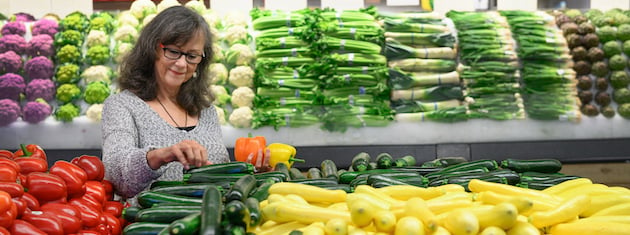
While most people in the Blue Zones areas only consume small amounts of meat on rare occasions, all of them eat a rich array of fresh fruits and vegetables, which are packed with disease-fighting nutrients. The cornerstone of most centenarian diets is beans, favorites including fava, black, soy and lentils.
Try to limit meat as a condiment or for special occasions. This is consistent with the USDA's MyPlate recommendations to make fruits, vegetables and grains the majority of your intake. You can also focus on eating nuts — a handful a day can give you an extra 2-3 years of life expectancy!
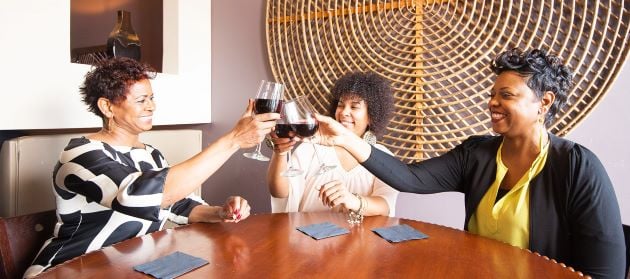
Thanks to healthy plant compounds and antioxidants, wine has been shown to reduce the risk of heart disease, certain cancers and slow the progression of neurological disorders like Alzheimer's and Parkinson's Disease.
Enjoy your drink over a meal or social hour with friends to experience the full benefits of Wine @ Five as the social interaction is an important component of this Power 9 principle. Limit your daily intake to one glass for women and two glasses for men. If you don’t drink alcohol, you can still benefit from the social connections aspect by sharing a cup of coffee or healthy smoothie with a friend.
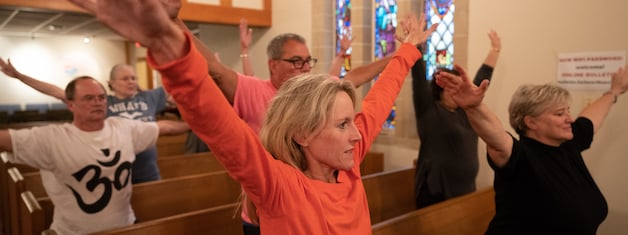
All but five of the 263 centenarians interviewed in the original Blue Zones areas studies belonged to some faith-based community. Belong to a civic- or faith-based organization, since strong social relationships can add years to your life.
If you already belong to a group, great! If it's been a while or you aren't sure where to start, try asking friends and neighbors for their suggestions or search for additional information online.

Happy, healthy centenarians in Blue Zones areas put their families first. This can take shape in many ways, from keeping your aging parents and grandparents in or near your home to being in a positive, committed relationship, which can add up to 6 years of life expectancy.
Caring for children is important for many reasons, too, and many people in the Blue Zones areas go out of their way to invest time and love their children to ensure they'll be more likely to care for them when the time comes.

The world's longest-lived people are either born into or choose to create social circles that support healthy behaviors. Ikarians enjoy tight-knit communities that socialize frequently, while Okinawans build "moai" groups of five friends that commit to each other for life.
Research from the Framingham Studies shows that smoking, obesity, happiness and even loneliness are contagious. Assessing who you hang out with, and then proactively surrounding yourself with the right friends, will do more to add years to your life than just about anything else.
©2024 Sharecare Inc. All rights reserved. This website contains copyrighted material of Blue Zones, LLC and Sharecare, Inc.